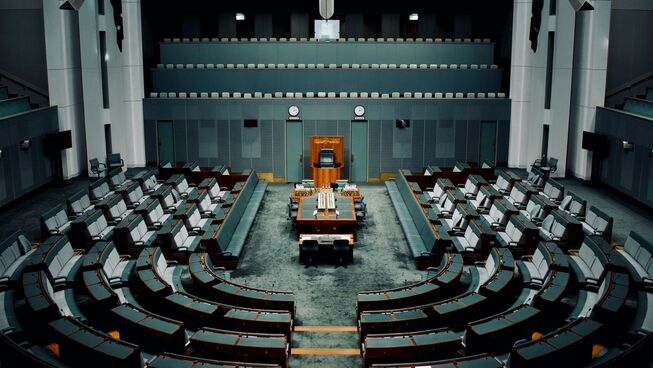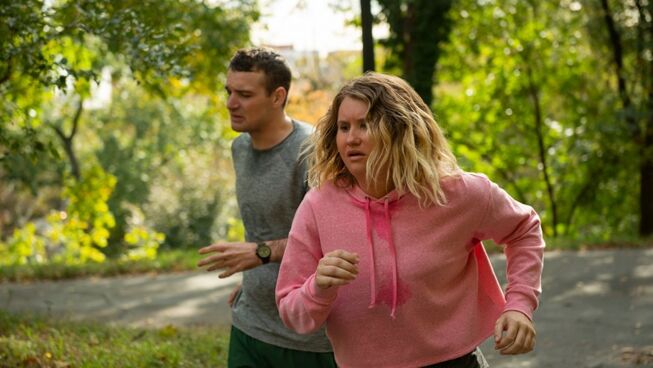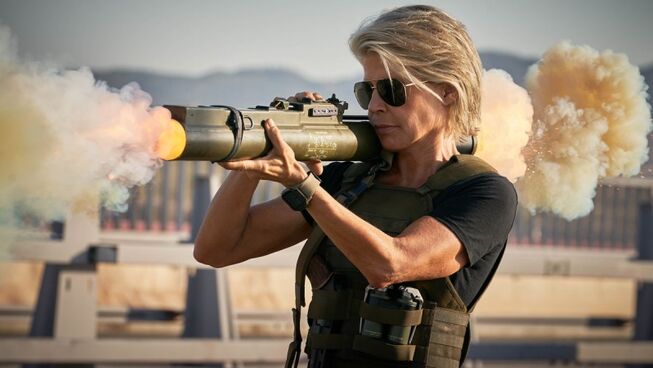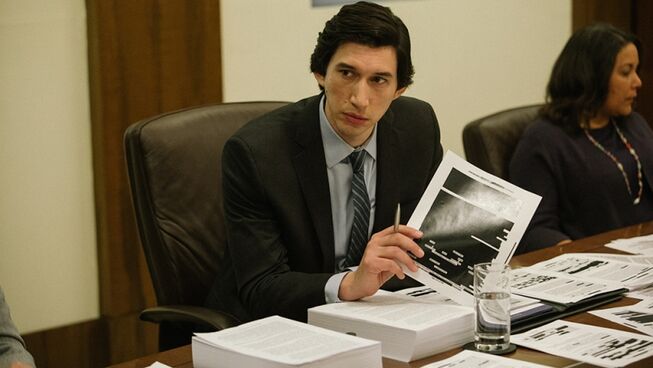
3.5 out of 5 stars
For all of the fans of Kathryn Bigelow’s Zero Dark Thirty, it may have been a surprise that "enhanced interrogation techniques” or EITs were being used to gather information from suspected terrorists by US agents. In the film, these modern techniques of torture used on prisoners were credited in the capture of Osama Bin Laden. After the film's release, information came out that it was more traditional means of interrogation that had really led to the information. The reports that stated different accounts had exaggerated the effectiveness of EITs.
These methods had been put into place by the United States Central Intelligence Agency (CIA) after the attacks on the 11th of September. Even though these methods went against all of the ethical practices of the treatment of wartime prisoners, the extreme acts of violence implied drastic measures needed to be put in place. Even though they were later proved to be ineffective in gathering information from detainees, the tactics were used from 2002 to 2008 in secret locations throughout the world. When the Senate Select Intelligence Committee began to investigate these practices, the investigative team received little support from the CIA and had to scour thousands of documents to find any information.
Daniel J. Jones (Adam Driver) was the lead investigator for the committee and worked inside the buildings of the CIA with little support from the agency. His team worked for over five years to uncover the facts behind the secret programme. During that time, he reported his findings to Senator Diane Feinstein (Annette Bening) who was the chairperson for the committee and provided access to the executive branch of two administrations. The fight to keep the document suppressed went through a multitude of obstacles before its release in December 2014.
The details of these brutal tactics have been the focus of news reports and led to multiple policies being put in place to keep similar acts against humanity from occurring. Writer/director Scott Z. Burns (The Mercy) shows the drama that happened behind the closed doors of the investigation and getting the report released. In the tradition of All the President’s Men and Spotlight, Burns' screenplay attempts to convey the passion of the investigators and depict the nature of these acts. Even though Adam Driver did drive the story forward, the underlying process was not as compelling as the other award-winning films.
This does not minimise the value of history in this docudrama. The lesson in the end was less of a warning about these immoral practices and more about the challenges of getting governmental reports completed. As this scenario travelled across two presidencies, it became a bipartisan problem to address. Even though one side was vilified in the process, the overarching message was that the governmental systems need to change.
Regardless of your political views, this story will cause a level of discomfort for all who watch on. The abhorrent treatment of humanity and the unrelenting manner of the political processes make for compelling drama. At the core of the narrative are the performances by Bening and Driver, which manage to carry the film through to the end. The critical element that was left out was John McCain’s role in the process, because his speech proved to be the most compelling aspect of the story. A former POW who experienced psychological and physical torture at the hands of his captors. The Report was a well-told story, but the question is who is the audience for this film? The reality is that it will most likely fade into history like the report that it represents.
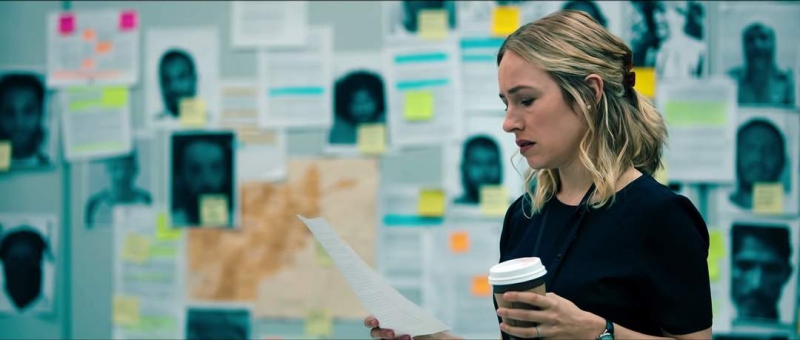 Reel Dialogue: Even with the purest of motives, should our governments or should we individually cross moral and ethical lines?
Reel Dialogue: Even with the purest of motives, should our governments or should we individually cross moral and ethical lines?
After 9/11, the governments of the world were put in positions that most had not experienced in recent memory. On the subject of terrorism, many had to decide what lengths they would go to preserve peace. The Report proves that some of these decisions were not in the best interest for all involved.
For anyone who has lived for any length of time on this planet, it is easy to see that many decisions cannot always be categorised into one moral category. They usually contain moral, human, ethical and philosophical aspects that have to be weighed out internally and collectively. Where can people find the answers to many of life's bigger challenges? Interestingly, the Bible gives answers to most of these human decisions, when it comes to this area of life, God's Word might be worth a look.
So whatever you wish that others would do to you, do also to them, for this is the Law and the Prophets. - Matthew 7:12

